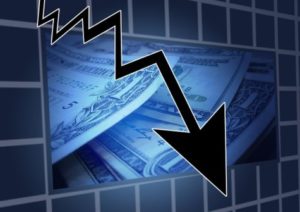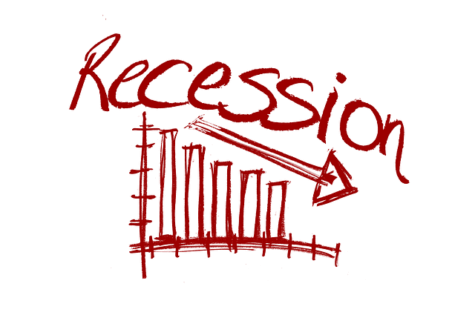SEATTLE — It’s been nearly a decade since the Great Recession that sent the United States into a crippling economic slump, and now forecasters say it may not be much longer until the country finds itself in a hole once again. A new survey shows many believe the next recession will occur in 2020.
More than 100 real estate experts and economists were given a survey sponsored by the property-finding company Zillow, focusing particularly on their forecasts for the housing market and the economy in general. The prognosis was not good.

Nearly half of the respondents (48%) predicted that the United States economy will enter another recession in 2020, with the first quarter of the pivotal year being viewed as the most likely time it will begin. When asked what will spur the recession, more than half pointed to monetary policy as the most likely culprit.
Currently, the economy continues to expand, and if forecasts hold true, this expansion will go down as the largest ever in U.S. history. But while the housing market stopped economic growth in its tracks ten years ago and led to the Great Recession, only nine of the economy experts surveyed thought the housing market would cause another recession.
Economic experts citing monetary policy are talking about the Federal Reserve, which has raised the interest rates on short-term borrowing four times since January 2017, with two, or even possibly three more rate increases expected before the end of 2018. Typically, rising interest rates are a hallmark of a booming economy. With the country’s Gross Domestic Product on the rise and unemployment rates near historic lows, the Fed is not crazy to raise interest rates.
But economists warn that raising interest rates too quickly could lead to slower economic growth, and, eventually, another recession.
“As we close in on the longest economic expansion this country has ever seen, meaningfully higher interest rates should eventually slow the frenetic pace of home value appreciation that we have seen over the past few years, a welcome respite for would-be buyers,” says Zillow senior economist Aaron Terrazas in a statement. “Housing affordability is a critical issue in nearly every market across the country, and while much remains unknown about the precise path of the U.S. economy in the years ahead, another housing market crisis is unlikely to be a central protagonist in the next nationwide downturn.”
The study was conducted by the research and consulting firm Pulsenomics.
